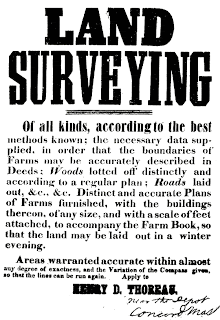On the Feeling of Wisdom
Okay, check this article out from the Guardian. The article talks about a short film that is a series of snippets of conversations with runners as they ran through a park in England. The film is only 11 minutes long and worth a watch. So opines the Guardian article about the film: " These questions (Are you in love? Who do you care about most? What do you want to do with your life?) are hard to ask and are not often answered sincerely. Through their steps, their breaths and their focus, runners can answer them." I find this to be true, or at least it feels like it's true. But if it's so true, where do those answers go when the run finishes? I know a lot of runners, and they frankly seem just as screwed up as the rest of humanity. Ed Whitlock, wise and fast. What is this runner's consciousness that brings the feeling of answers? Studies have found that running produces endocannabinoids, of which the phytocannabinoids found in marijuana are a close cous...


